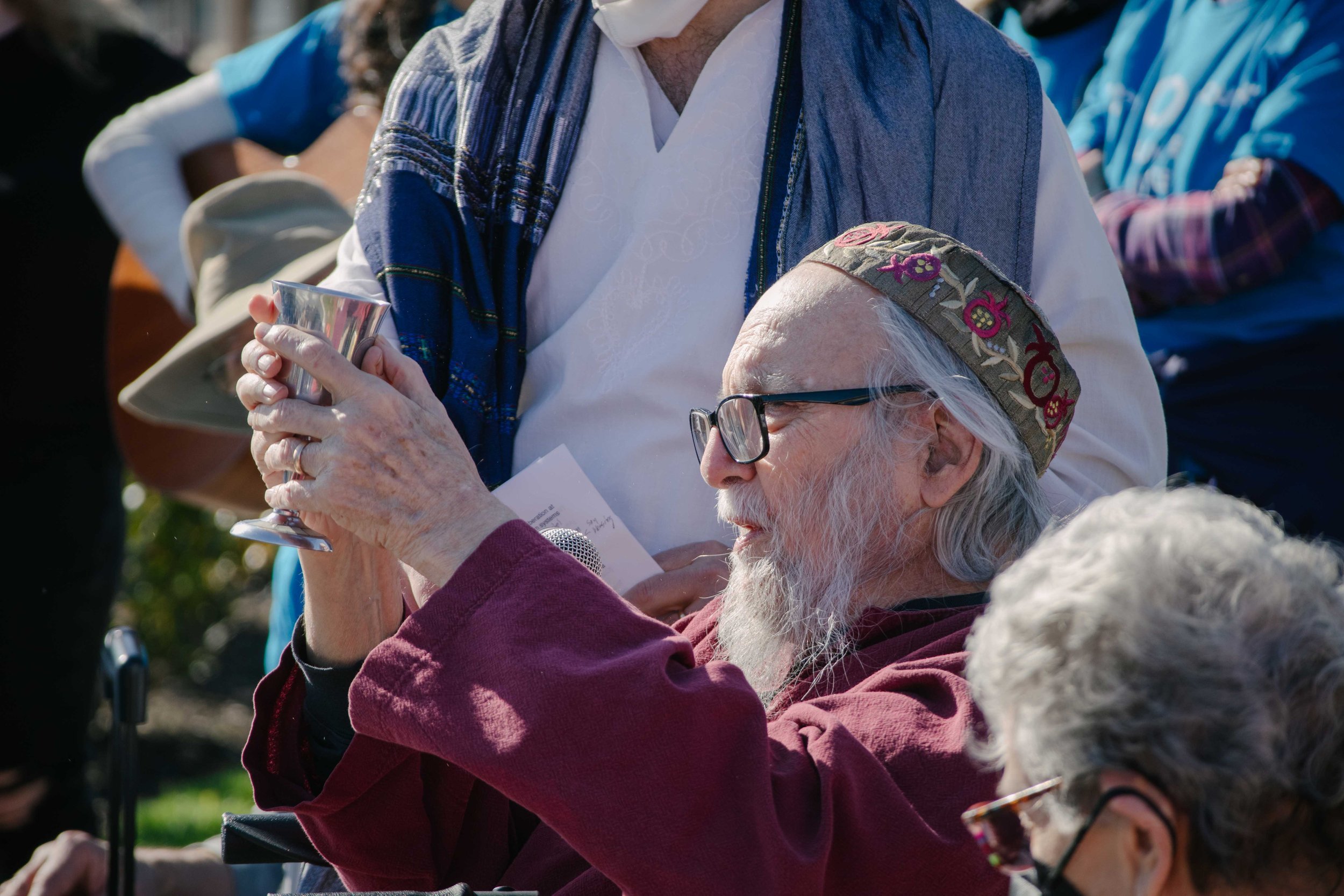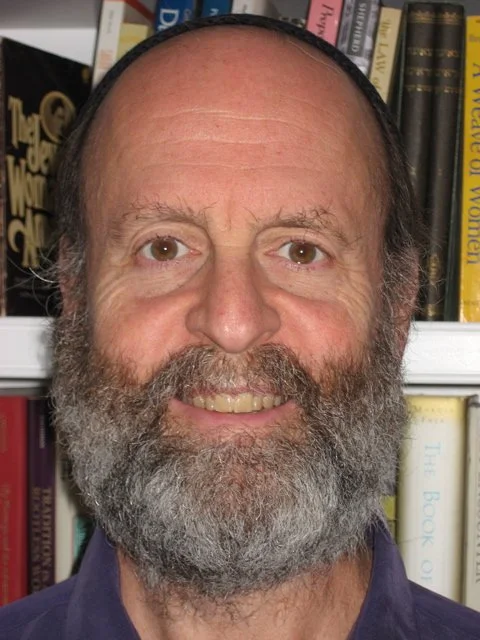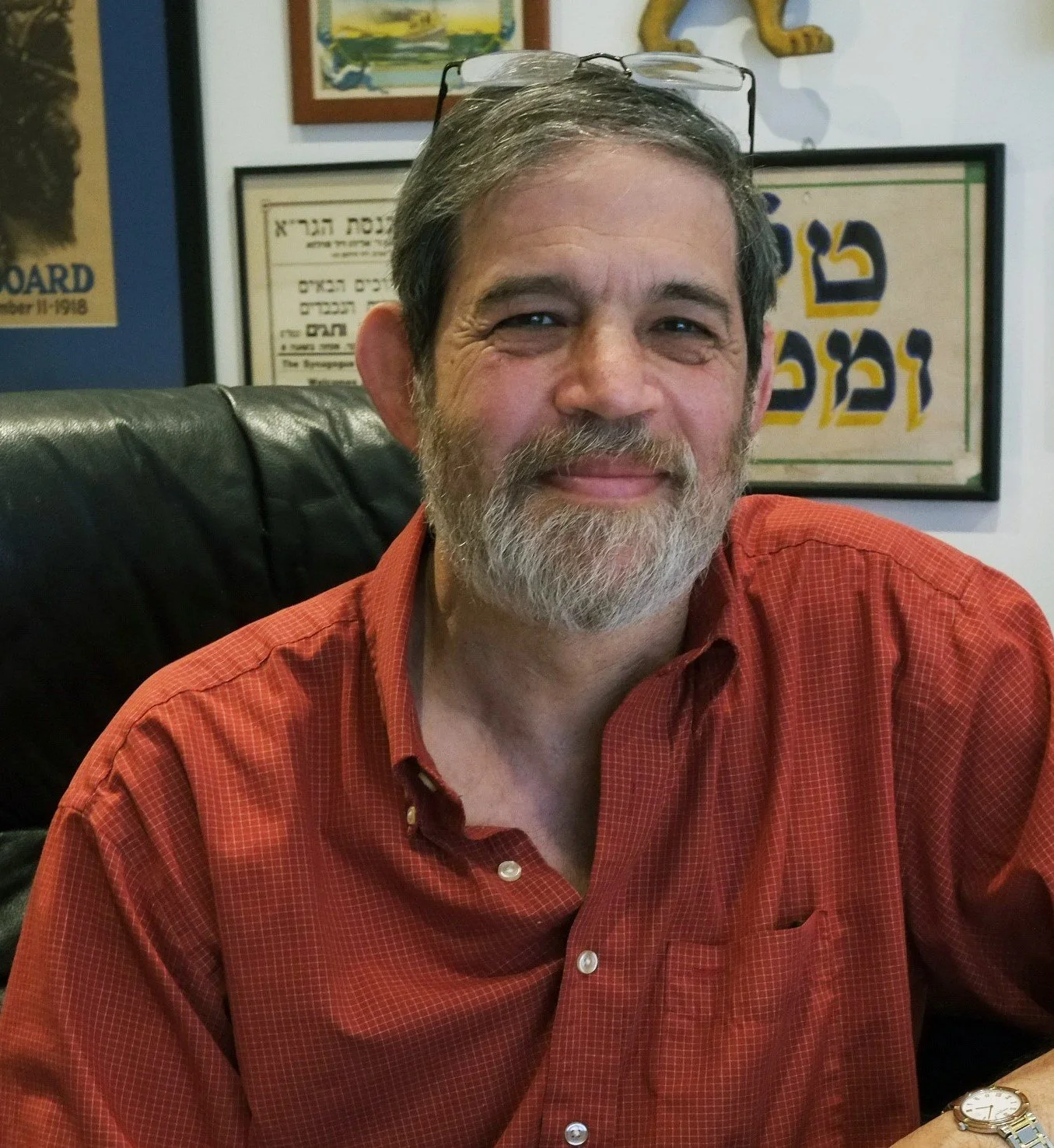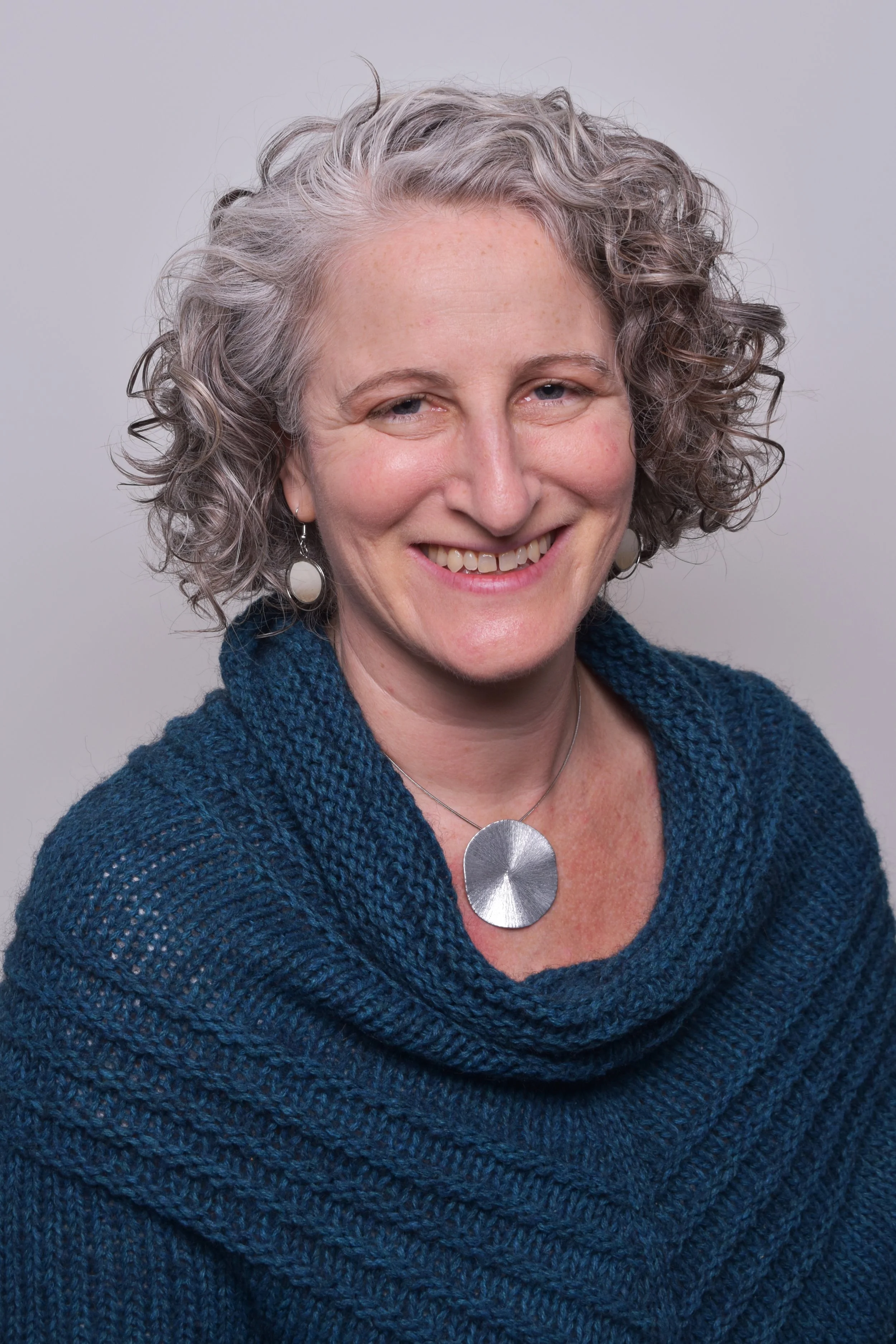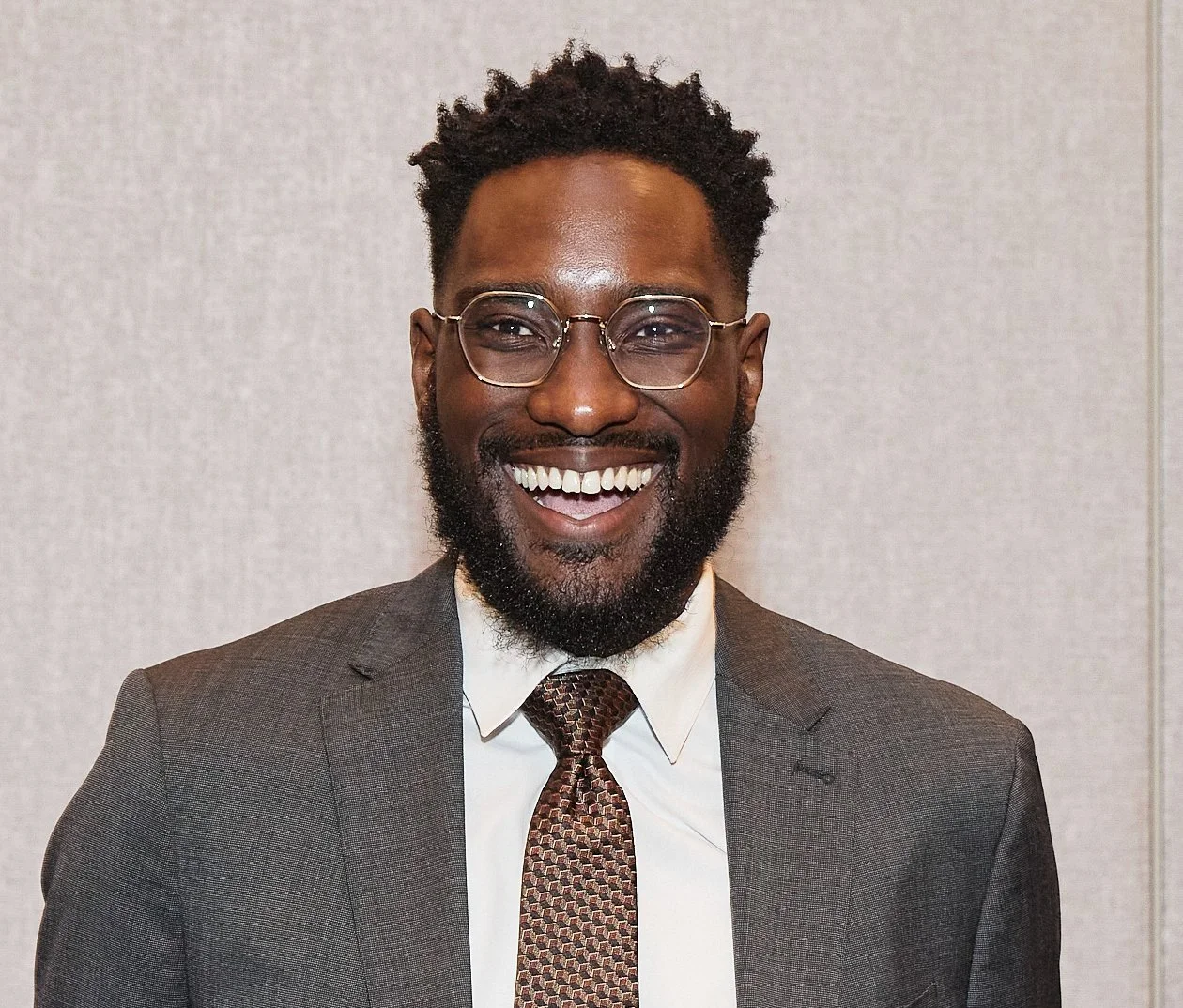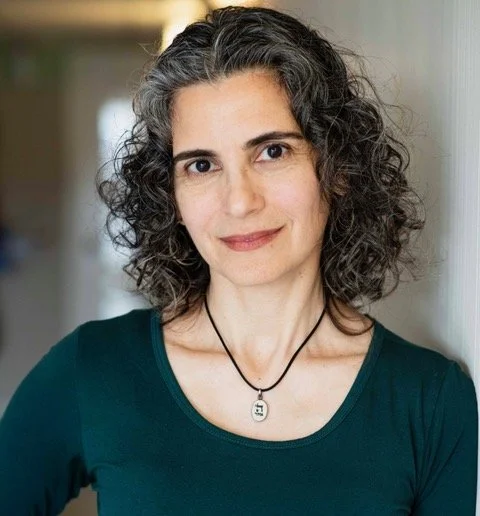Join The Shalom Center and ALEPH for Renewing Judaism, a 3-part webinar series reflecting on the past, present, and future of Judaism’s renewal.
Featuring three generations of key practitioners, these conversations-in-the-round will recount the past, contextualize the present, and d’rash the future of Jewish renewal. Scroll down to meet the speakers and learn the history, or press the button below now to secure your registration.

Renewing Judaism: Past
4/27 - 2-3:30pm ET
This session will focus on the origins of Jewish Renewal, dating back to the Havurah movement, the Jewish Catalog, the founding of ALEPH, and Renewal’s early days. It will feature Rabbis Arthur Waskow, Phyllis Berman, Jeff Roth, Marcia Prager, and Michael Strassfeld.
In loving memory of Jack Kessler, Burt Jacobson, Michael Lerner, and all of the Renewal luminaries who have recently joined the ancestors.
-
Reb Arthur Waskow is a lifelong activist, author, rabbi, and religious leader. He has published more than two dozen books, including the Freedom Seder and his best seller, Seasons of Our Joy. He founded The Shalom Center in 1983 as a “prophetic voice in Jewish, multireligious, and American life.” He has trained rabbis at the Reconstructionist Rabbinical College, co-founded ALEPH: the Alliance for Jewish Renewal (with Reb Zalman Shachter-Shalomi), helped to found the National Havurah Institute, the Green Hevra (an early network of Jewish environmental organizations), and Rabbis for Human Rights North America (now T’ruah). In 2024, he became Prophetic Envoy of The Shalom Center, as the organization continues to carry on his legacy through its work.
-
A leading Jewish-renewal liturgist, life-cycle ritual and holiday retreat leader, story-writer, and story-teller since the early 1980s, Berman is widely known for the innovative and powerful Torah services she leads. From 1994 to 2005, Berman was Director of the Summer Program of the Elat Chayyim Center for Healing and Renewal. She has long been recognized for her activism and has co-authored several books. She's locally in-demand for her desserts.
-
Rabbi Jeff Roth worked with Reb Zalman Schachter-Shalomi for eight years as the director of, first B’nai Or Religious Fellowship and then the renamed P’nai Or. He was ordained by Reb Zalman and by the Reconstructionist Rabbinical College. He was the co-founder of Elat Chayyim-the Jewish Spiritual Retreat Center, where he served as Executive Director and Spiritual Director for 15 years. Currently he is the founder and Director of The Awakened Heart Project for Contemplative Judaism. Rabbi Roth was a founding staff member for five rounds of the Jewish Mindfulness Teacher Training Program co-sponsored by IJS and the Awakened Heart Project. He is the co-leader of the Deepening Contemplative Practice Intensive-3 which is a year long program of retreats and weekly practice sessions. He has facilitated over 200 Jewish meditation retreats. He is the author of, Jewish Meditation Practices for Everyday Life and Me, Myself and God from Jewish Lights Publishing.
-
Rabbi Marcia Prager is The founding Director and Dean Emerita of Ordination Programs for ALEPH: Alliance for Jewish Renewal, and Rabbi Emerita of P'nai Or: Jewish Renewal Congregation of Philadelphia, PA. She is the author of The Path of Blessing and creator of the unique P'nai Or Siddurim for Shabbat and other innovative approaches to prayer and liturgy. Along with Rabbi Shawn Zevit she co-directs the award-winning Davvenen’ Leadership Training Institute (DLTI).
-
Rabbi Michael Strassfeld was one of the editors of the Jewish Catalog (1973) a guide to do-it-yourself Judaism that sold over 300,000 copies. He authored The Jewish Holidays (1985), co-authored A Night of Questions: A Passover Haggadah (1999) with his wife Rabbi Joy Levitt, and authored A Book of Life: Embracing Judaism as a Spiritual Practice (2002). His newest book Judaism Disrupted: A Spiritual Manifesto for the 21st century published by Ben Yehuda Press has been published on the 50th anniversary of the Jewish Catalog. He is the rabbi emeritus of the SAJ (Society for the Advancement of Judaism).

Renewing Judaism: Present
5/4 - 2-3:30pm ET
This session will focus on the current state of Judaism and what it might mean to encounter this time with Jewish Renewal sensibilities. It will feature SooJi Min-Maranda, Rabbi Tirzah Firestone, Rabbi Or Rose, and Ilana Sumka.
-
SooJi Min-Maranda believes in the power of personal stories. Whether providing direct services, advocating for policy change, or fundraising for nonprofit organizations, Min-Maranda begins with personal narratives that illustrate the need for programs, policies, and resources that raise the voices of those underserved and underrepresented in mainstream society. A seasoned nonprofit executive with nearly 20 years of senior management experience, Min-Maranda brings a social entrepreneurial mindset to the nonprofit arena. She advocates for strategic partnerships, racial justice and efficient, effective resource allocation.
Min-Maranda currently is the executive director of ALEPH: Alliance for Jewish Renewal. A national nonprofit, ALEPH brings spiritual vitality and passion into the daily lives of Jews through programs that train clergy, empower leadership, build communities, and generate powerful experiences and practical resources. Previously, she was the executive director of Temple Beth Emeth, a 600+ member reform Jewish synagogue in Ann Arbor, MI; the Illinois Caucus for Adolescent Health (ICAH), a nonprofit policy and advocacy organization that focuses on adolescent sexual health and parenting; and Korean American Community Services, a comprehensive social service agency in Chicago. The Asian Health Coalition of Illinois presented her with its Outstanding Community Health Advocate Award in 2008.
She is a senior Schusterman Fellow (Cohort 7) comprised of Jewish changemakers inside and outside the Jewish community and an Elluminate collective member (Cohort 4) of female entrepreneurs and leaders. Previously, Min-Maranda was in Cohort 3 of Leading Edge’s CEO Onboarding Program for high-level organizational leaders in the American Jewish community. Min-Maranda served on Governor Quinn’s Illinois Human Services Commission from 2010-2012 and is a member of the Selah Leadership Program's National Executive Cohort 9. She was a 2010 Chicago Community Trust Fellow and a 2010 Chicago Foundation for Women Impact Awardee. She also was a 2007 Illinois Women’s Institute for Leadership Delegate and a 2006 Leadership Greater Chicago Fellow. A graduate of Barnard College, Min-Maranda holds master’s degrees from Northwestern University and The University of Chicago.
-
Rabbi Or Rose is the founding Director of The Miller Center of Hebrew College. He also serves as a senior consultant to Interfaith America. Among his recent publications is the award-winning, co-edited volume With the Best of Intentions: Interreligious Missteps & Mistakes (Orbis Books). His forthcoming book, My Legs Were Praying: A Biography of Abraham Joshua Heschel for teen readers will be published in May 2025 (Monkfish Book Publishing). Rabbi Rose considers a great gift that he was able to learn directly from Rabbi Zalman Schachter-Shalomi (z’”l) over the course of many years.
-
Rabbi Tirzah Firestone, PhD, is an author, Jungian psychotherapist, leader in the international Jewish Renewal Movement, and renowned Jewish scholar and teacher. She was ordained by Rabbi Zalman Schachter-Shalomi in 1992, and is widely known for her groundbreaking work on Kabbalah, intergenerational trauma healing, and the re-integration of the feminine wisdom tradition within Judaism. Rabbi Tirzah lectures and teaches internationally about spiritual and ancient wisdom practices that are honed to assist us at this critical time in world history.
Rabbi Firestone's publications include With Roots in Heaven: One Woman's Passionate Journey into the Heart of Her Faith (Plume,1999) and The Receiving: Reclaiming Jewish Women’s Wisdom (Harper San Francisco, 2003). Her latest work, combining research in depth psychology, neuroscience, and the field of collective traumatology, is highlighted in the award-winning book, Wounds into Wisdom: Healing Intergenerational Jewish Trauma (Monkfish, 2019). She lives with her husband David in Boulder, Colorado.
www.tirzahfirestone.com | @tirzahfire
-
Ilana Sumka serves as the founding Executive Director of Shleimut: Jewish Pathways to Wholeness and Peace. With prophetic intuition, Ilana has co-created many of our generation’s most celebrated organizations working for peace and justice around the world. She was a founding organizer with New York’s Working Families Party in 1997 and joined Ruth Messinger at American Jewish World Service in 2002. A recipient of the Dorot Fellowship in Israel and Pardes Fellowship, she served as the Jerusalem Director of Encounter for five years and then went on to found the Center for Jewish Nonviolence.
In 2015, Ilana’s belief in the profound impact of Jewish-Palestinian co-resistance prompted the Center for Jewish Nonviolence to spend a decade engaged in solidarity work with Palestinians in Masafar Yatta, a region of the occupied West Bank. In 2025, local Israeli and Palestinian activists won an Oscar for Best Documentary for No Other Land, featuring co-resistance activism in Masafer Yatta.
Recognized for her dedication to Palestinian liberation, Ilana is the first Jewish person to receive an honorary Bethlehem “passport” as part of the international Open Bethlehem campaign.
She is the spiritual leader of Ohel Yachdav, a progressive Jewish community in Belgium, and is completing her rabbinic training with ALEPH: The Alliance for Jewish Renewal.
Drawing from trainings in Joanna Macy’s Work That Reconnects, embodied awareness, Nonviolent Communication, and kabbalistic sensibilities, Ilana brings a deep love of humanity and a commitment to sacred activism to her work.
Ilana’s memoir, “Elul in Palestine,” will be published by Ayin Press in 2026.
*Please note, Rabbi Jay Michaelson, who was originally scheduled to join this conversation, is no longer able to participate.

Renewing Judaism: Future
5/28 - 7-8:30pm ET
This session will focus on Judaism’s future and what it might mean to renew Judaism for the times ahead. It will feature Rabbi Jericho Vincent, Yehudah Webster, Rabbi Zvika Krieger, Ana Levy-Lyons, and Rabbi Nate DeGroot.
-
Rav Jericho Vincent is a teacher of the Ivri Path, a practice of mystical, embodied, living Torah, and the founding rabbi of Temple of the Stranger, a flourishing Ivri community in Brooklyn, New York. They serve as an advisor to Beit Kohenet and the Shalom Center. Rav Jericho is a Wexner Fellow, a member of B’not Esh and the ROI: Schusterman Community, and a recent fellow at Atra: The Center for Rabbinic Innovation. Their work has been recognized by The Jewish Week’s 36 Under 36 and The Forward 50. They teach Torah on Instagram @thealef.
-
Spiritual activist and community organizer Yehudah Webster works to animate and integrate anti-racist behaviors and culture in communities, supporting the collective organizing, advocacy and direct service efforts to dismantle racism systemically. As Senior Faculty of Kirva, directing their Dismantling Racism from the Inside Out Program, Yehudah equips communities with the daily concrete spiritual tools of Mussar to subvert racism within ourselves and others through facilitating workshops, consulting with organizations, and building a community of anti-racist practice. Yehudah is a graduate of Jews for Racial and Economic Justice’s Grace Paley Organizing Fellowship, Bend the Arc’s Selah Leadership Program, Kirva’s Ovdim Fellowship, and a recipient of both the Pomegranate Prize through the Covenant Foundation as well as the Beerman Foundation Fellows for Peace and Justice Award. Yehudah is a Shalom Center board member.
-
Rabbi Zvika Krieger is the Spiritual Leader of Chochmat HaLev, a progressive spiritual community in Berkeley, CA for embodied prayer and mindfulness, heart-centered connections, and mystical wisdom. He is co-founder of Shevet: Jewish Mindfulness Collective and has served in board and leadership positions for Milk+Honey at Burning Man, Jewish Studio Project, DC Minyan, and other organizations dedicated to nourishing the mind, body, and soul.
Zvika has worked on mitigating some of the most damaging impacts of new technologies on individuals and society as Facebook/Meta's first-ever Director of Responsible Innovation, creating and leading the World Economic Forum's Center for the Fourth Industrial Revolution, and as the US Department of State's first-ever "Ambassador to Silicon Valley" and a Senior Strategist in the Office of the Secretary of Defense.
Zvika previously served as Senior Vice President of the Center for Middle East Peace, an editor and writer at The Atlantic and The New Republic, and was Newsweek’s Middle East correspondent, based in Egypt and Lebanon and covering most of the Arab world. He has taught courses on design, technology, and social impact at Stanford, UC Berkeley, and the Rhode Island School of Design.
He has a BA from Yale University and studied at Yeshivat Shaarei Mevaseret Zion and the American University in Cairo. He is a certified Shadow Work facilitator and Design Thinking facilitator, certified as "God" with "Talk to God", and trained as an ecstatic dance DJ by Embodied Sound. He is ordained as a rabbi in the Hasidic and Jewish Renewal lineages. Originally from Los Angeles, Zvika lives in Berkeley with his son and loves to surf, dance, backpack, rock climb, and sing karaoke occasionally on-key.
Learn more about Zvika at www.zvikakrieger.com and follow him on Instagram at @zkrieger.
-
Ana Levy-Lyons is a rabbinical student in the Aleph Ordination Program. She is a writer, speaker, teacher, and (occasional) composer. Ana is the author of No Other Gods: The Politics of the Ten Commandments, and her forthcoming book, The Secret Despair of the Secular Left. She also publishes on Substack – “The Daily Hundred” (a 100-word micro-essay every weekday) as well as longer pieces at analevylyons.substack.com.
Ana holds an MDiv from University of Chicago Divinity School and served as a Unitarian Universalist spiritual leader for almost two decades. Her work and leadership revolve around spiritual culture change – helping cultivate ecological consciousness and the journey home to our nefesh (soul-bodies), our am (communities), and adamah (earth). Ana lives in Manhattan with her husband, Jeff, and teenage twins.
-
Rabbi Nate DeGroot (he/him) became Director of The Shalom Center in October of 2024, succeeding the legendary Rabbi Arthur Waskow. As Director, Nate is helping to steward the organization into its next chapter, seeding a Jewish post-activism rooted in Judaism's sacred calendar. Before becoming Director, he served as The Shalom Center’s National Organizer and Associate Director.
Ordained at Hebrew College in 2016, Nate previously worked at Hazon (now Adamah) in Detroit, IKAR in Los Angeles, and he founded a grassroots cooperative Jewish community in Portland, OR. He has served as a facilitator with Encounter, a Rabbinical Student Year in Israel Fellow with T’ruah, and he has worked with AJWS, the Amir Project, and more. He has been published in various articles and book chapters, and was an invited speaker at The Chautauqua Institution.
Living in Detroit, Michigan with his wife and two kiddos, Nate also serves locally as a part-time congregational rabbi, educator, and service-leader.

Renewing Judaism:
An abridged history connecting Jewish Renewal, ALEPH, and The Shalom Center
———
In the long shadow of the twentieth century—after the camps, after the bomb, amidst war and wonder—an ancient Jewish innovation sprouted forth. Not a return, but a rupture. Not a restoration, but possibility.
Renewal is not a movement, but movement itself. The way Life lives.
The way the tradition shakes itself loose and remembers how to dance. The way forgotten threads—textual, spiritual, ancestral—begin to braid again.
Arthur Waskow was one of those threads.
He was a Jewish radical before he was a radical Jew—rooted in justice movements, marching through the streets, imagining new systems. But the stories of his people kept returning to him, like echoes that hadn’t finished speaking.
In 1969, the Freedom Seder refracted Exodus through American Civil Rights , and retooled liturgy as liberation technology. The Sea split anew and suddenly Pharaoh wore new faces.
Revealed to Waskow was the insight that ritual is not escape, but instruction. Holiday, a technology of resistance, calling ancestors into the present tense. Politics not as policy, but prophecy.
Meanwhile, Zalman Schachter-Shalomi was listening through different and distant but familiar frequencies.
A refugee of the old world, he began to hear God in forms that had no name yet. He tuned to the cosmic frequencies of the Age of Aquarius. A master of Hasidic soul-tech and interfaith experimentalism, he helped midwife a new Jewish spiritual consciousness.
Chanting with Sufis, dialoguing with monks, ingesting mystery in chemical and cosmic form, he didn’t abandon tradition—he stretched it.
At a time when prayer shawls came in black and white, Zalman dreamed in spectrum, embodied by the rainbow tallit he wore—a garment of light and prism, spanning past and possible. The rainbow became a symbol not just of pride or inclusivity, but of the spiritual prism Renewal sought to be: refracting ancient light into unfolding spectra.
Like Arthur, Zalman didn’t abandon tradition—he stretched it, until it could once again hold the soul of the world.
And in the midst of that fertilized soil—that super-saturated solution—in basements and living rooms, forests and kitchens, the Chavurah movement bloomed. A turning inward more than a breaking away. A reconfiguration more than a rejection.
In makeshift sanctuaries, Torah was read in circle, prayer moved from recitation to revelation, God’s pronouns multiplied, and communities braided leadership, song, silence, and presence into something befitting of—and actively shaping—its era.
Then came the Jewish Catalog—part spellbook, part blueprint. It didn’t tell you what to believe. It handed you the thread. It gave seekers a do-it-yourself roadmap: not just how to tie tzitzit, but how to reweave a tradition frayed by modernity.
Bake the challah. Rewrite the blessing. Find God in the compost. In the broken heart. In the rising breath. Seed Moshiach.
It wasn’t about what Judaism was. It was an invitation to co-create what it might yet become.
In Philadelphia, Jewish Renewal grew into and beyond itself. Reb Zalman’s B’nai Or became a hub of Renewal: drum circles, davvening, deep Torah. Then P’nai Or: a face that turned outward. Meanwhile, Reb Arthur’s The Shalom Center fused Jewish wisdom with prophetic action and imagination.
By the 1990s, the spiral turned again and Zalman and Arthur, now neighbors, dear friends, spiritual comrades, and organizational directors merged P’nai Or and The Shalom Center into ALEPH: Alliance for Jewish Renewal.
Decades of shared breath made manifest into a convergence of devotion, ALEPH braided Zalman’s spiritual community and Arthur’s spiritual justice into a place for training spiritual leaders, gathering seekers, and midwifing new forms of communal life. Mystic creativity and sacred activism joined in a container that was part invocation, part unfolding.
And then, as organisms do, ALEPH spawned. Like cells divide to grow, ALEPH and the Shalom Center separated—a mitosis with each carrying forward part of the ancient Aquarius DNA.
The Shalom Center resumed its prophetic path as an independent beacon while ALEPH deepened its role as a container for spiritual leadership, community, and learning.
And now the spiral curls again. In this new era—post-pandemic, mid-collapse, amid new awakenings—we feel the mycelial threads reconnecting in refracted relationship. Now, again, as always, as movement.
A planting in the present. A winking hint to the future.
YH inhales.
VH exhales.
Judaism renews itself with each breath. The Name completes itself in every act of justice, every midrash uncovered, every circle that remembers how to sing. And then starts over again.
This is not the end of the story, but a space where something might begin again.
Each of us, HaShem, and every blade of grass, renewing Judaism and life itself, again and again.
Registration
Registration includes all three sessions in the series. All sessions will be recorded and registrants will receive links to all three recordings. We invite you to make this and other such programs possible by contributing at whatever level you can below. Please contact event-help@theshalomcenter.org if finances are a barrier.





